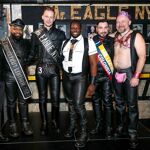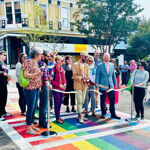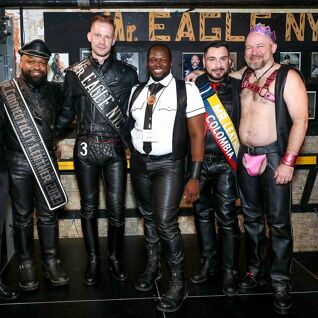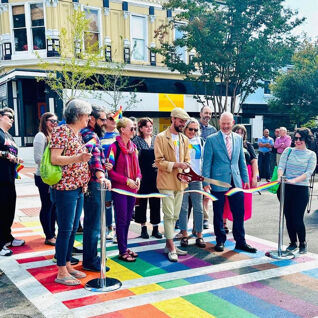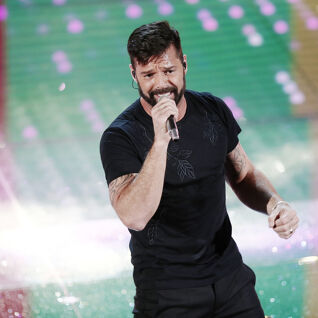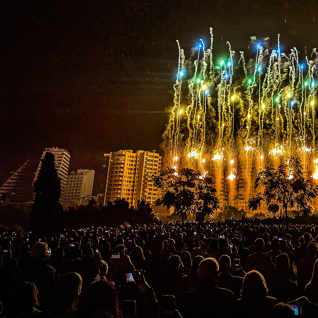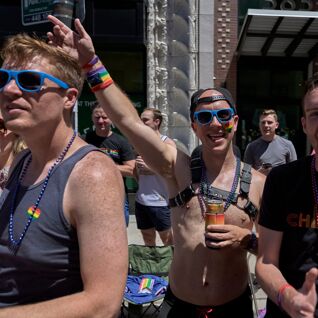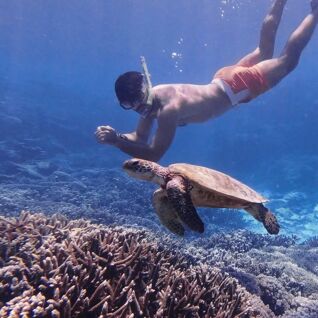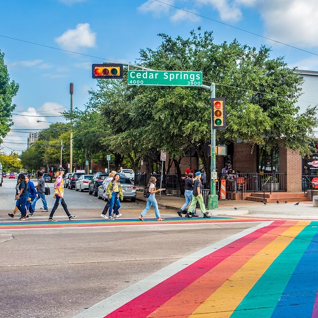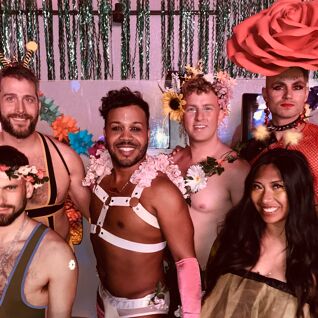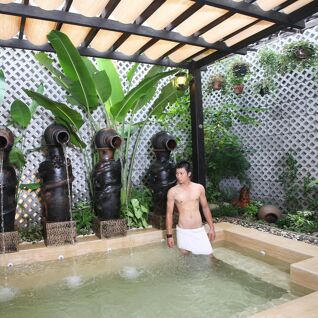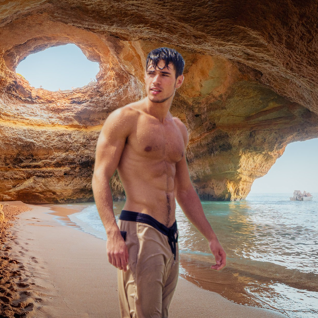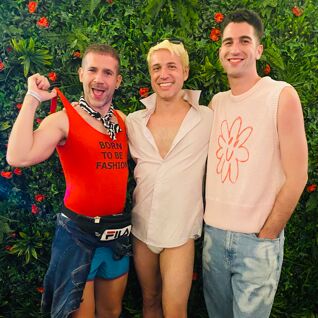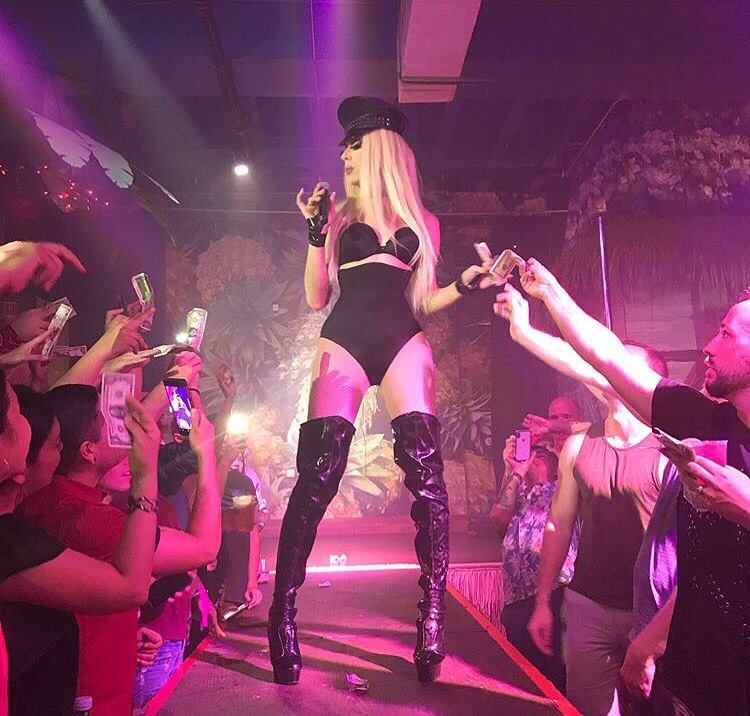
Before Robbie Baldwin co-founded the gay nightclub Scarlet in Honolulu, Hawaii, in 2015, he managed operations for gay bars in Chicago for ten years, including another unrelated gay bar sharing the same name.
Balwin tells GayCities that he never expected to be the owner of a world-famous Pineapple Stage where drag queens pour their hearts out. “It has been a lifelong dream of mine [to own a gay bar]. I didn’t know how I would get there, but here I am,” Baldwin says.
He succeeded in full boozy, 10,000-square-foot glory; he opened the most famous Hawaiian gay nightclub alongside local entertainment personality Lanai Tabura, Los Angeles fashion designer and photographer Traver Rains, and former Chicago colleague Rob Savvy. “We noticed that Honolulu was an international city but lacked the kind of international gay nightlife portion. So we went for it!” says Baldwin.
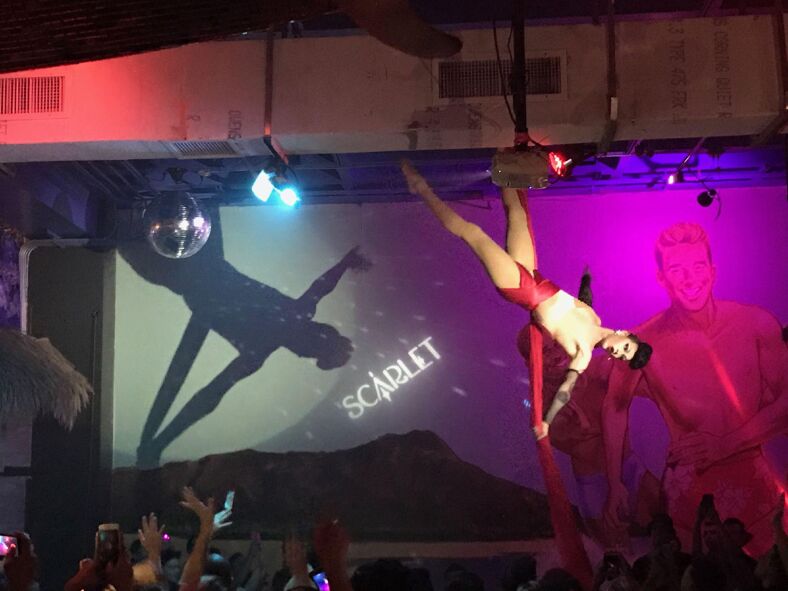
Still, it was impossible for Balwin to predict all the ways owning a gay bar would position him to uplift and aid the LGBTQ+ community – or that he’d be fighting real-life villains in a court of law.
In November 2021, Scarlet filed a federal discrimination lawsuit against the Honolulu Liquor Commission and the Department of Commerce and Consumer Affairs.
“My business partner and one of my security guards were physically assaulted by an investigator with the Honolulu Liquor Commission,” says Balwin, “As we were investigating the incident that happened, we found that they had a huge pattern of disproportionate and discriminatory targeting of LGBTQ liquor licenses. And so now that’s currently proceeding in federal court in the district of Hawaii.”
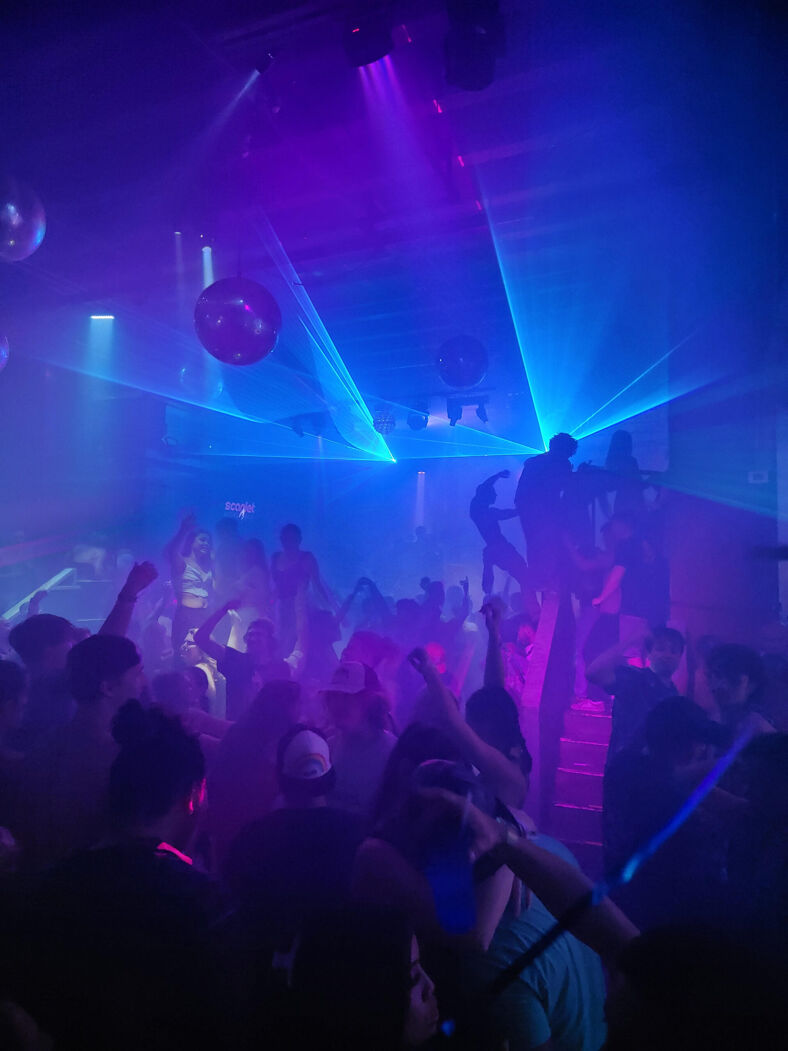
“We believe that particular investigators within the Honolulu Liquor Commission and at least two investigators within RICO, which is an office within (the Department of Commerce and Consumer Affairs), have essentially created a target for the gay community,” the nightclub’s attorney James DiPasquale told the press.
Hawaii News Now reported in February 2023 that city employee Hui Chen was tasked with shepherding reform at the embattled liquor commission, and Balwin expressed confidence in her abilities to jumpstart positive change. His lawyer cautioned that it was only possible if the agency cooperated to turn over documents.
Although taking on government prejudice is never an easy or cheap battle, Balwin says they managed to expose commissioners that had vast amounts of corruption, and the agency was able to be held accountable.
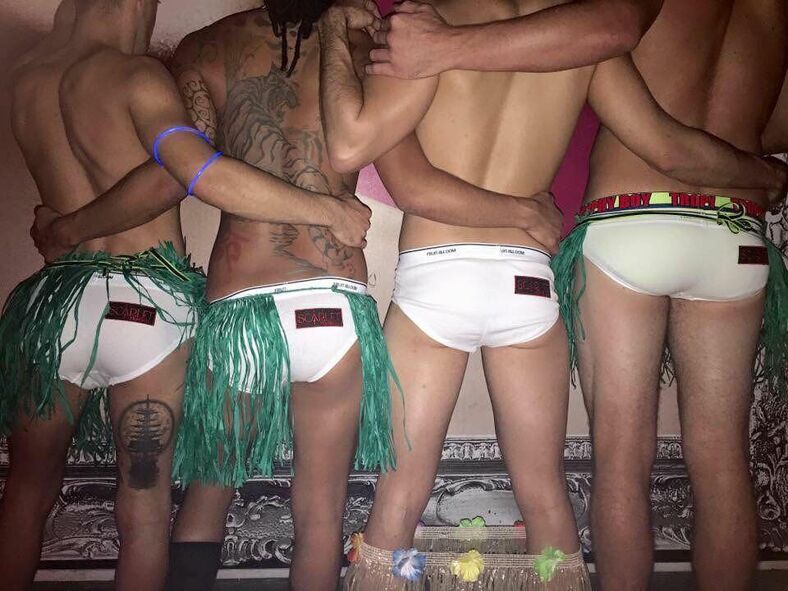
Despite his decade in the industry, Baldwin didn’t realize the magnitude of responsibility and reach that fell upon gay bar owners.
“Coming from Chicago, I look at Art Johnston and Pepe Pena, who are the owners [of Sidetrack,] the largest gay bar there,” says Baldwin, “What they do for their community and what they’ve done for marriage equality. And this whole political aspect of the largest nightclubs in cities becoming the voices that speak out for their community.”
Gay bars historically manifest as vehicles for social activism. This social phenomenon and the political connections that come with it might’ve surprised Baldwin the most, but he also considers his newfound obligation to the well-being of queerness the most rewarding aspect of the job.

Like most gay bar owners, Baldwin and his associates couldn’t prepare for the obstacles in their path, but they could choose when not to stay silent – when to demand justice. But he didn’t open the nightclub to become a leader in activism; he wanted to create a space where every member of the LGBTQ+ community could find joy.
“The Hawaiians have a thing called māhū in their culture, which we would refer to as trans people,” says Balwin, “They are highly revered, and that’s been part of their culture since the beginning. So there’s a large trans population here, and when we were doing the concept of the bar, we definitely wanted to bring that back to kind of the era of the Glades and the history of Hawaii.”
Māhū reflects the third gender in Hawaii or “the in-between.” It characterizes someone who embodies both kāne (male) and wahine (female) spirit. Plenty of other Pacific Islander cultures embrace the concept of the third gender, and Balwin wanted his nightclub to celebrate identity through its patrons, drag, and creating a dance floor welcoming every person to throw caution to the wind.
Related:









